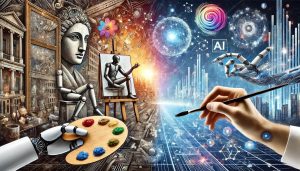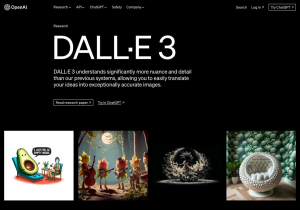As AI-generated content becomes more popular, many website owners are asking, can I use AI-generated images on my website? While AI tools can produce stunning visuals in seconds, legal concerns about copyright, licensing, and ownership arise. Some AI image generators allow free commercial use, while others impose restrictions. Understanding these rules ensures you can use AI-generated images legally and effectively.
Understanding AI-Generated Images for Websites
How AI Creates Images
AI-generated images come from deep learning models trained on vast datasets of existing visuals. Platforms like Ai Image Generator Dall-E use text prompts to create high-quality artwork, making them a popular choice for website owners. However, ownership and rights over these images depend on the AI model and platform policies.
These AI tools analyze millions of images, understanding styles, compositions, and elements to generate entirely new visuals based on user input. Some advanced models even allow modifications to existing images, making them a versatile option for content creators.
This topic might be useful for you:
- Ai Tools For Image Compression Free
- Can I Use Ai Images For Commercial Use
- Can We Use Ai Generated Images In Youtube
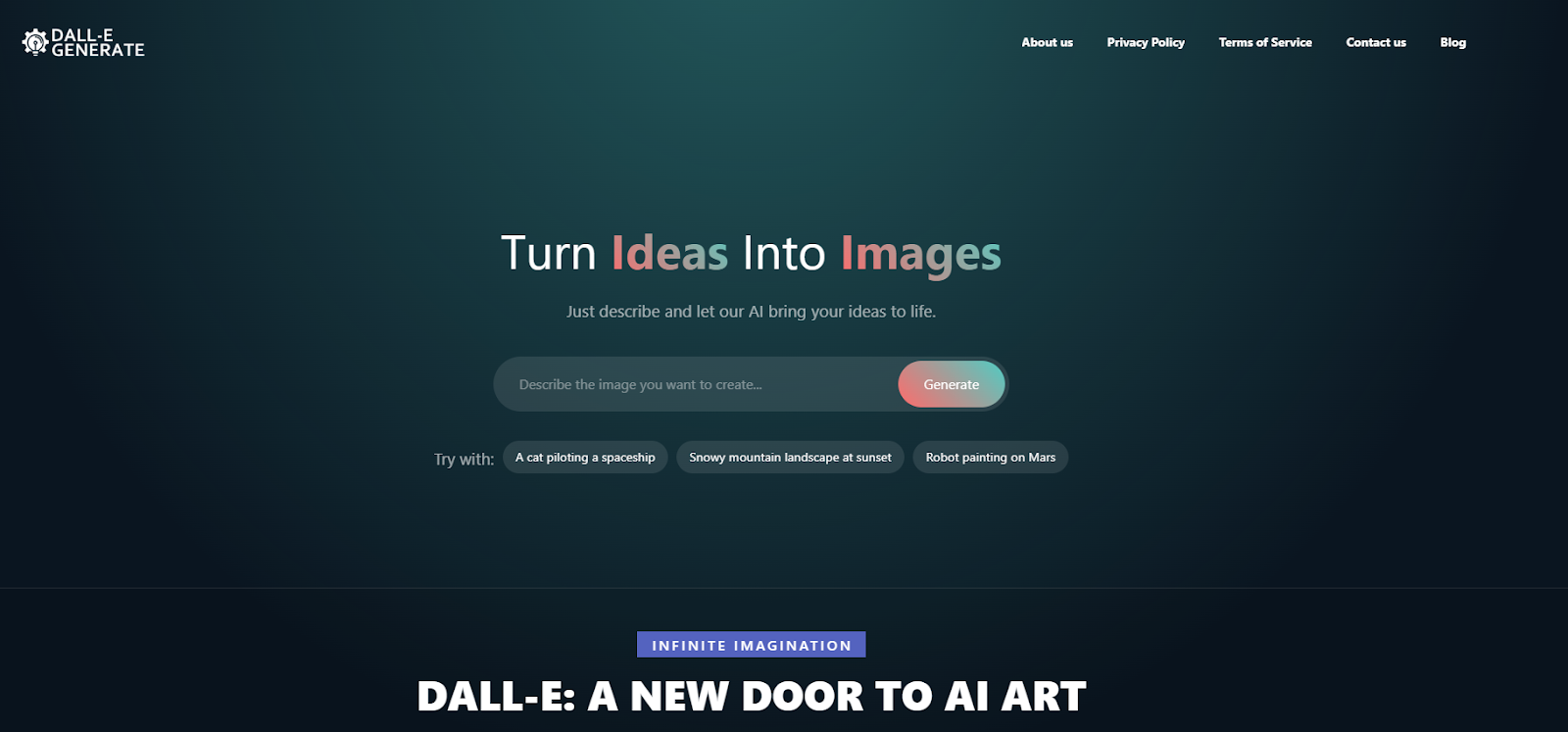
Do AI Images Have Copyright?
One major question for website owners is whether AI-generated images are copyrighted. In most cases:
- AI-generated images are not copyrighted – Since no human directly Create Images With Ai, it often lacks traditional copyright protection.
- AI platform policies dictate usage rights – Some platforms allow full commercial use, while others impose limitations.
- Attribution may be required – Some AI tools request credit when using their generated images.
Copyright laws surrounding AI-generated content are still evolving. Some jurisdictions consider AI-generated work as public domain, while others grant ownership to the platform or user. To avoid legal risks, it’s essential to understand the terms of use of your AI image generator.
Can I Use AI-Generated Images on My Website Legally?
Reviewing AI Image Licensing
Before adding AI-generated visuals to a website, it’s important to review licensing terms. Most AI platforms offer:
- Royalty-free AI images – These can be used without ongoing fees.
- Limited-use AI images – Some platforms restrict commercial use.
- Exclusive AI image rights – A few tools allow users to purchase full ownership rights.
Each AI image generator has different terms, so always verify the licensing before using an AI-created image on your website. Dall-E Generate and other premium platforms often provide clear guidelines on how their images can be used.
If you’re interested, check out:
- Add A Lions Mane To An Image Using Ai
- Adding New Details To Images With Ai
- Adding New Details To Images With Ai Adobe
- Ai Image Generator Score Up Meaning
AI Image Usage for Commercial Websites
If you plan to use AI images for a business website, ensure the AI tool allows commercial use. Some free AI generators only permit personal use, meaning businesses cannot profit from those images. Always check the platform’s terms before uploading AI-generated visuals to a commercial site.
Websites that rely on visuals—such as e-commerce, blogs, and marketing platforms—must be particularly cautious. Using AI-generated images that violate licensing terms could lead to legal issues or website takedowns.

Potential Risks of Using AI-Generated Images on Websites
Copyright and Ownership Issues
Since AI images are based on existing data, some visuals might resemble copyrighted works. Risks include:
- Unintentional copyright infringement – AI-generated images could be too similar to existing artworks.
- Legal uncertainties – Some jurisdictions do not clearly define AI image ownership.
- AI dataset sourcing concerns – If an AI model was trained on copyrighted content, legal disputes may arise.
To avoid issues, website owners should choose AI tools that use legally sourced training data and provide clear licensing terms.
Suggested for you:
- Getty Images Announces Ai Partnership With
- How To Tell If An Image Is Ai Generated
- What Ai Does Not Have Any Filters On Image Generation
SEO Considerations for AI Images
Search engines prioritize original and high-quality visuals. Using AI-generated images might affect SEO rankings if:
- Multiple websites use the same AI image – Search engines may see it as duplicate content.
- AI images lack proper alt text – Optimizing images with alt tags helps with indexing.
- Overuse of AI visuals reduces authenticity – A mix of AI and original photos improves site credibility.
Adding descriptions, optimizing file sizes, and ensuring uniqueness help AI images rank better in search results.
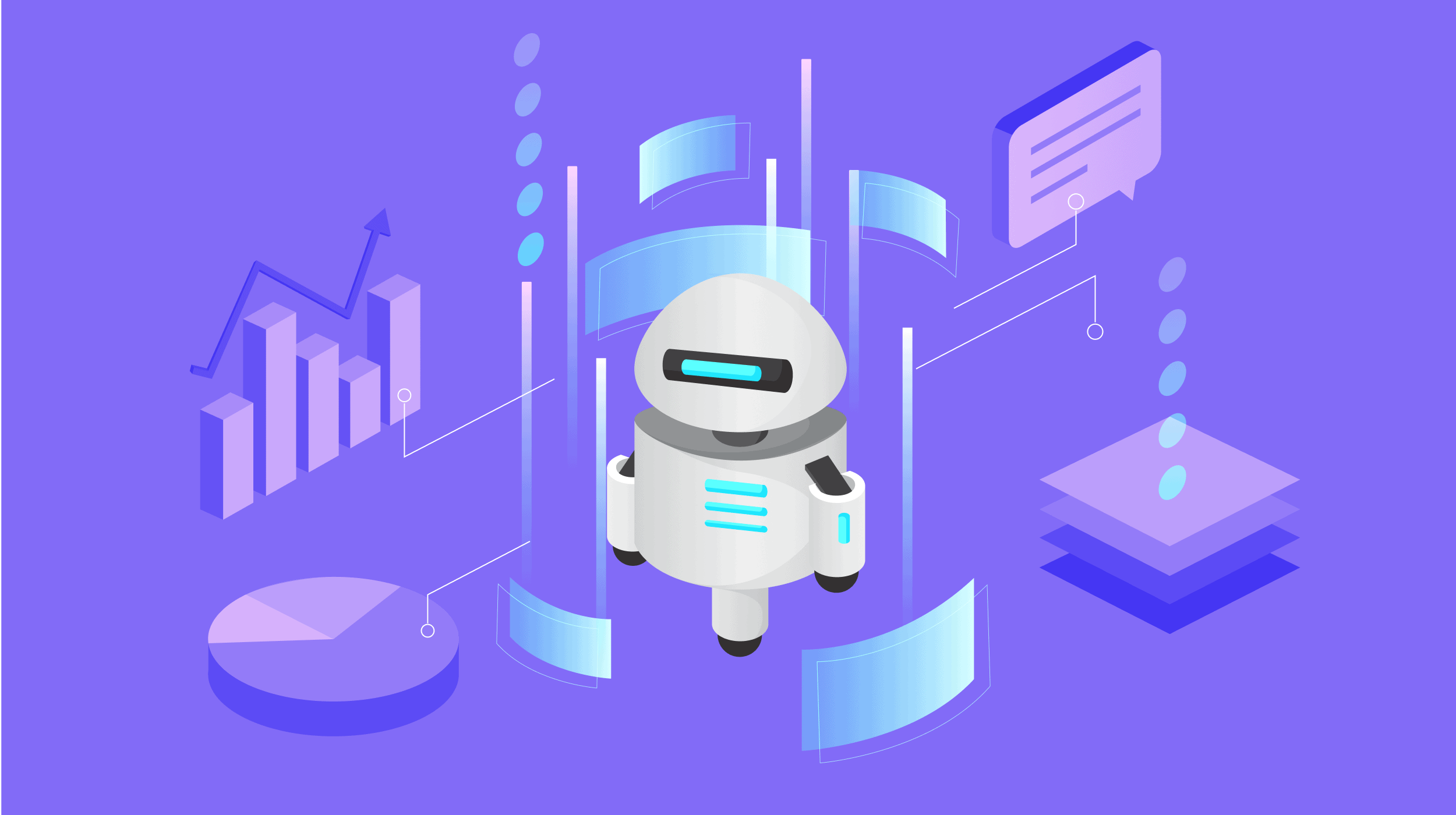
AI-Generated Images and Social Media Use
If you plan to share AI-generated images on social media, be aware that some platforms have restrictions. For example, certain AI-created visuals may be flagged if they closely resemble real people or copyrighted artwork. Always review the platform’s terms before posting AI-generated content.
Best Practices for Using AI-Generated Images on Websites
Choosing the Right AI Image Generator
Website owners should select AI tools that offer clear licensing terms. Dall-E Generate is an excellent option for those seeking high-quality AI visuals with flexible usage policies. Always read the platform’s guidelines before using its images.
Some AI platforms allow customization, letting users modify aspects like lighting, colors, and composition. This flexibility ensures AI-generated images fit seamlessly into a website’s branding.
Optimizing AI Images for Web Performance
To ensure AI-generated images do not slow down a website:
- Compress large AI images – Use tools to reduce file size without losing quality.
- Choose the right format – WebP and PNG are preferred for better compression.
- Use responsive images – Ensure images adapt to different screen sizes for mobile users.
Slow-loading images can negatively impact user experience and SEO rankings. Optimizing AI-generated visuals ensures a website remains fast and efficient.
Enhancing AI Images for Unique Branding
To make AI-generated visuals stand out, consider:
- Editing AI images – Adjust colors, brightness, and contrast to match website aesthetics.
- Combining AI with original photography – Mixing AI images with custom graphics enhances uniqueness.
- Adding custom branding elements – Logos, filters, and overlays help personalize AI-generated content.
By making slight modifications, website owners can avoid potential copyright conflicts while maintaining a unique visual identity.
Future of AI-Generated Images for Websites
AI Image Ownership and Copyright Laws
As AI-generated content becomes widespread, governments may introduce stricter laws on ownership and usage rights. Website owners should stay informed about legal developments to ensure compliance.
Some countries are already working on new regulations to define AI-generated content ownership. In the future, website owners may need to obtain AI-generated image licenses just as they would for traditional stock photos.
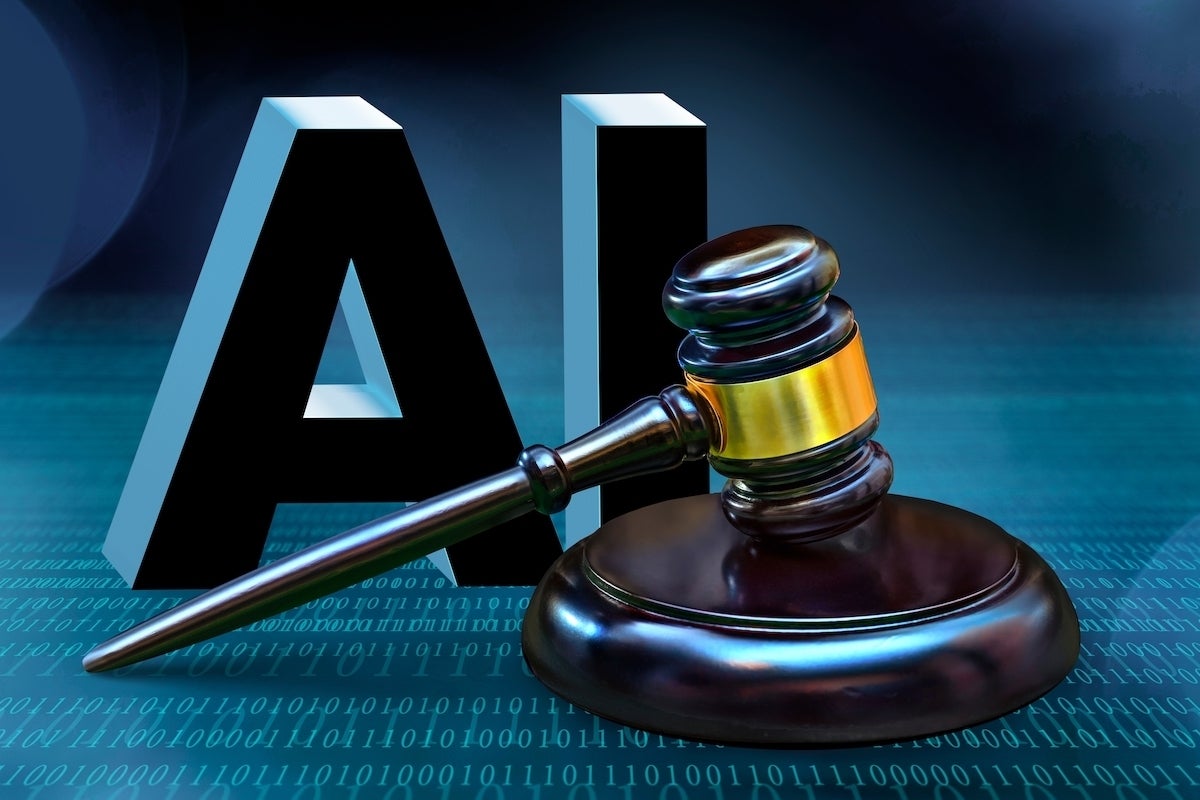
Advancements in AI Image Creation
Future AI tools will likely offer:
- More refined licensing options – Giving users clearer rights over AI images.
- Greater creative control – Allowing customization to avoid copyright concerns.
- AI-generated content verification – Helping differentiate between AI and human-created images.
AI image generators will continue evolving, offering more precise control over visual elements. This could allow businesses to create hyper-personalized images without relying on expensive photography.
Conclusion
So, can I use AI-generated images on my website? The answer depends on the AI tool’s licensing terms, copyright considerations, and intended website use. By selecting reputable AI image generators like Dall-E Generate, optimizing images for SEO, and staying updated on copyright laws, website owners can safely and effectively use AI-generated visuals to enhance their online presence.
AI-generated images offer a cost-effective, efficient way to create unique visuals. However, ensuring legal compliance, optimizing images for web performance, and integrating them strategically will help website owners maximize their benefits while avoiding potential risks.

